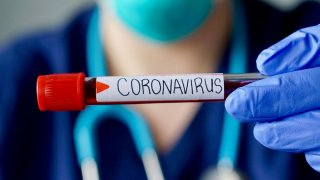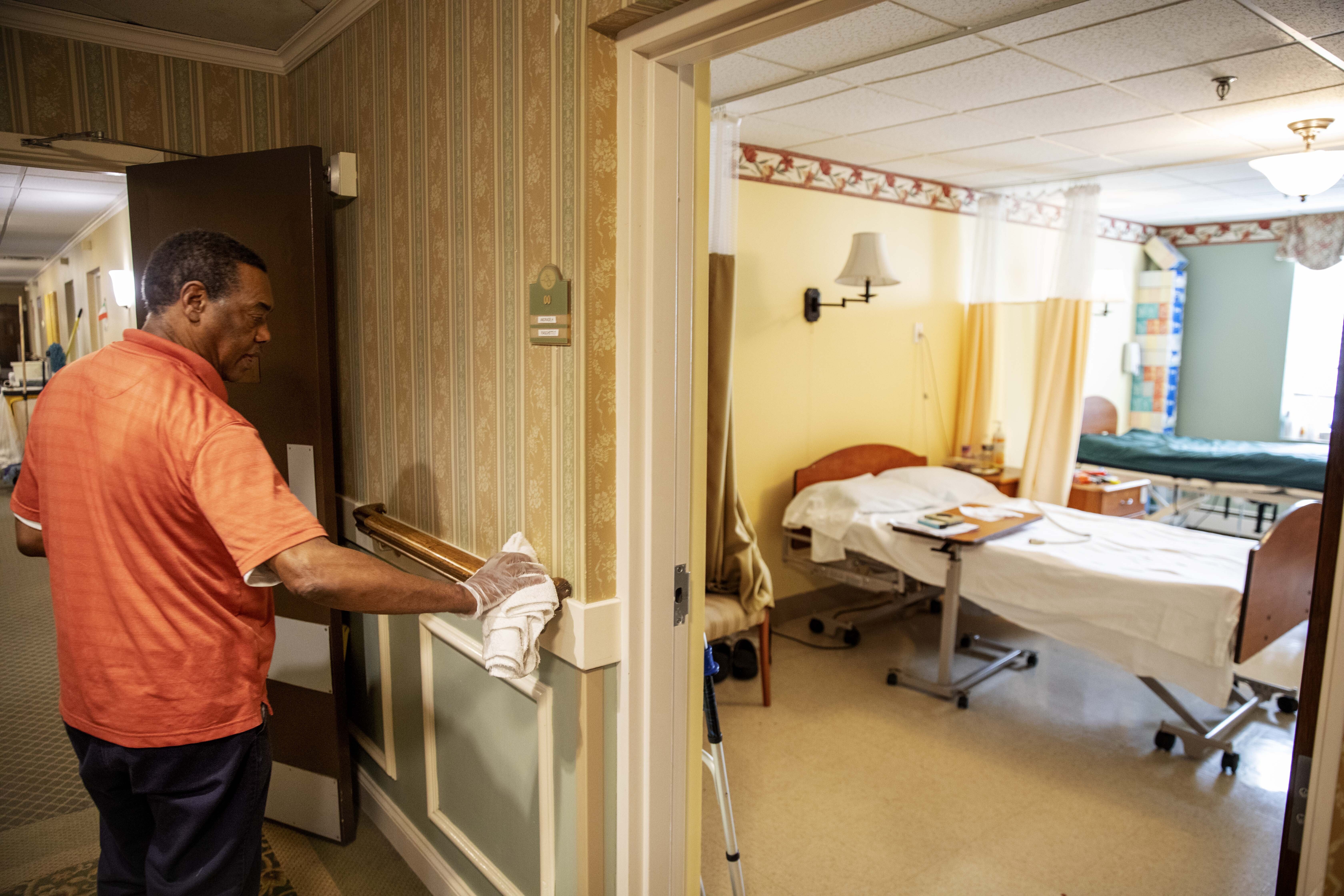
The California Department of Public Health has issued new guidelines for organizers of mass gatherings regarding potential coronavirus scenarios.
The CDPH defined mass gatherings as events, including religious services, in which large numbers of people are within an arm's reach of each other, but do not include typical office environments or stores.
The department's primary recommendation to slow the spread of COVID-19 was to reduce close contact with others. It outlined two scenarios to consider. The first envisions a large community event in a county with no evidence of community transmission. Under such a circumstance, the recommendations to event organizers were:
- Create an emergency contingency plan for how to modify, cancel or
postpone the mass gathering or large community event if a coronavirus outbreak occurs in their community; - Events may still need to be modified, canceled or postponed if participants are traveling from communities with outbreaks;
- Collaborate and coordinate with community partners including the
local public health department, hotels where participants are staying, airlines, the event venue and other partners; - Use event messaging and communications to promote everyday
preventive health messages to participants and staff, which include: Stay home when sick except to get medical care; cover coughs and sneezes with a tissue or sleeve, then throw in the trash; wash hands often with soap and water for at least 20 seconds, especially after going to the bathroom, before eating and after blowing nose, coughing, or sneezing; avoid touching eyes, nose and mouth
with unwashed hands; clean frequently touched surfaces and objects daily; recommend that participants minimize close contact; - Promote messages that discourage people who are sick from attending events;
- Create refund policies or remote participation capability such as
live-stream that permit participants the flexibility to stay home when they are sick, need to care for sick household members or are at high risk for complications from COVID-19; - Provide COVID-19 prevention supplies at events to the extent
supplies are available; - Have extra supplies on hand for event staff and participants,
including sinks with soap, hand sanitizers and tissues; - Promote proper and frequent hand hygiene;
- Isolate staff or participants who become ill with symptoms
consistent with COVID-19 in a designated space at the event and provide a clean disposable face mask, to the extent available, for those who become ill -- it is not necessary to distribute masks to healthy participants; - Implement a strategy to prevent the theft of prevention supplies.
CDPH said it does not recommend cancellation of community events at this time if no COVID-19 cases exist within the community, but if there is evidence of community transmission, the measures for this second scenario are:
- Anticipate that some nonessential events may need to be modified -- for example, conducted as a video webinar -- canceled or postponed;
- Consider canceling nonessential events primarily for or attended by
older adults and people with chronic medical conditions at higher risk for severe illness (current evidence indicates that the risk of severe illness increases with age, -- the median age of reported cases being 59 years and critically ill cases being 66 years -- and people with underlying medical problems, including cardiovascular disease, diabetes, cancer, chronic lung disease and immunosuppression, who are also likely at higher risk for severe illness); - Stay informed about the local coronavirus situation;
- Get up-to-date information about COVID-19 activity on the California Department of Public Health web page
- Discuss event details with local health officials and prepare to implement an emergency contingency plan based on their specific guidance;
- Collaborate and coordinate with event and community partners
including the local public health department, hotels where participants are staying, airlines, the event venue and other partners; - Use event messaging and communications to provide COVID-19 updates and promote everyday preventive health messages to participants and staff;
- Instruct participants and event staff to not attend if they have
any respiratory symptoms-- cough or runny nose -- or fever regardless of the presumed cause; - Remind participants and staff to not attend if they have traveled
within the past 14 days to an area identified by the CDC as having a Level 3 Travel Health Notice due to COVID-19; - Recommend that participants and staff at higher risk of severe
illness not attend; - Ensure that event venues are well-ventilated and adequately equipped with facilities for hand washing and supplies, including hand sanitizer that contains at least 60% alcohol, tissues and trash baskets;
- Increase the frequency of cleaning commonly used areas with
detergent and water followed by a disinfectant that is EPA-approved for emerging viral pathogens; - Encourage participants to minimize close contact;
- Maintain a registration list of participants and staff, as this
will significantly assist local public health in tracing a person in the event a COVID-19 case should later be identified as having attended the event; - Promote messages that discourage people who are sick from attending events;
- Create refund policies that permit participants the flexibility to
stay home when they are sick, need to care for sick household members or are at high risk for complications from the illness; - Isolate staff and participants who become ill with symptoms
consistent with COVID-19 in a designated space at the event and provide a clean disposable face mask for those who may become ill - it is not necessary to distribute masks to healthy participants;
- Establish procedures to help sick participants or staff leave the event as soon as possible without use of public transportation, shared rides or taxis;
- Provide alternative options for attending the event via phone,
video or web application.



